The above opinion was given by leaders of member universities of Ho Chi Minh City National University at the discussion "Comments on the Draft Law on HigherEducation : Keep or abolish the 2-level school council?" organized by Ho Chi Minh City Law Newspaper on the afternoon of July 10.
The above comments were made in the context that the Ministry of Education and Training is soliciting opinions for the second draft of the Law on Higher Education (amended), in which Article 13 stipulates: The organizational structure of a higher education institution includes: University Council (including university council, university council, academy council); higher education institutions under the Ministry of National Defense, the Ministry of Public Security and member universities of national universities and regional universities do not organize a university council.
Need to correctly define the role of the school board
Speaking at the seminar, Prof. Dr. Le Minh Phuong, Chairman of the University Council of the University of Science and Technology, pointed out that the model of a two-level university council in the national university system can be understood as the first level being the university council that decides on overall strategy, finance, senior personnel, and common industry links.
Level 2 is the school council at member schools, managing daily activities, deciding on important issues regarding training, science and technology, and appropriate individual development strategies.
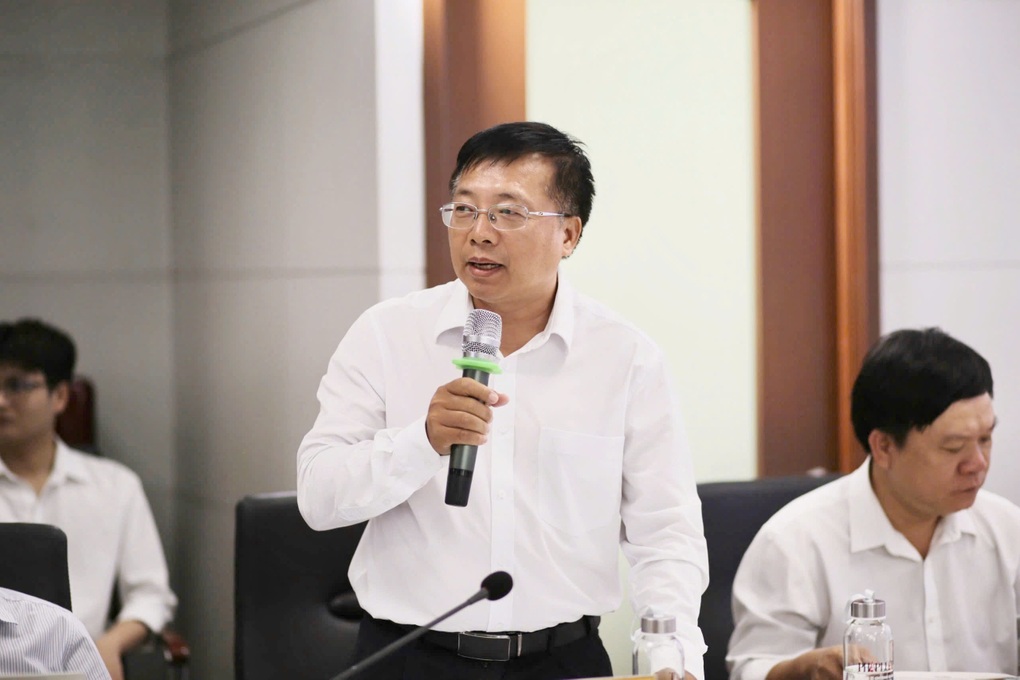
Prof. Dr. Le Minh Phuong, Chairman of the Council of the University of Science and Technology, delivered a speech (Photo: Khanh Ly).
He said that since 2020, the University of Technology is the first school in the Ho Chi Minh City National University system to organize a school council in accordance with the provisions of the 2018 Law on Higher Education.
The school has successfully implemented the university autonomy model, helping to affirm its financial - academic - organizational autonomy, achieving many steady steps forward in quality and international position.
He said that the above results proved that having a University Council does not reduce the role of the National University but also increases the effectiveness of academic management and transparent decentralization.
The chairman of the member university council commented: “Autonomy and university council are inseparable models in modern university education governance.”
Therefore, according to him, not allowing member schools to have school boards is a form of institutional inequality, eliminating academic freedom.
According to Associate Professor, Dr. Doan Thi Phuong Diep, Head of Inspection and Legal Affairs Department, University of Economics and Law, these are two independent institutions in terms of governance in a university institution. The term "2 levels" is not accurate, because the relationship between these two types of councils is not a superior-subordinate relationship.
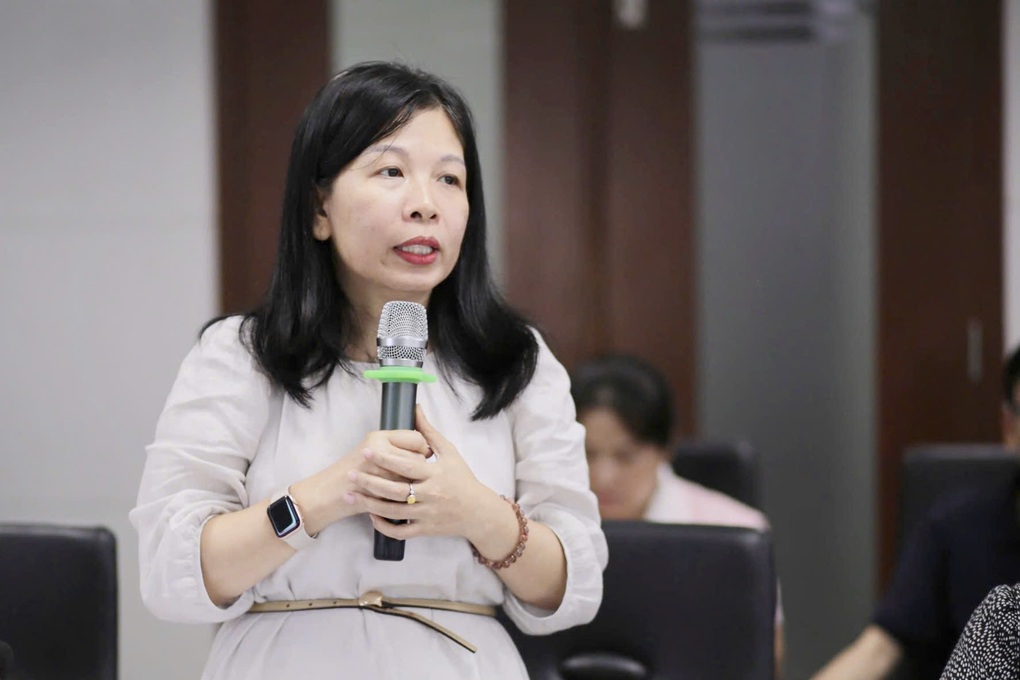
Associate Professor, Dr. Doan Thi Phuong Diep clearly defined the responsibilities and powers of the school council and the national university council (Photo: Khanh Ly).
The school council is the highest governing body at each member school, with the right to decide on strategies, development plans, organizational structure, financial regulations, enrollment, opening majors, training partnerships, scientific research, international cooperation, etc. According to her, the university council focuses on the system-level strategy, not directly managing each member school.
Contradictions with the policy of university autonomy
Associate Professor, Dr. Vu Duc Lung, Chairman of the University Council of Information Technology, said that university autonomy cannot be achieved without the university council.
According to Mr. Lung, any university, whether a member of a national university, a regional university or an independent university, if it implements autonomy, must have a university council.
“There should be no situation where a member university of a national university does not have a university council, while other universities do. This is inconsistent,” he emphasized.
Sharing the same view, Associate Professor, Dr. Le Thi Ngoc Diep, Chairwoman of the University Council of Social Sciences and Humanities, identified the governance role of the school council as the body that decides on policies and strategies in the school's operations.
If we ignore this important role, it will probably eliminate internal autonomy and go against the trend of developing an advanced university system in the world that Vietnam is aiming for.

Delegates discuss on the sidelines of the discussion (Photo: Organizing Committee).
According to the delegates attending the discussion, maintaining a school council at each member school helps schools be proactive in making important decisions and strategies, without having to depend too much on the national university council.
At the same time, it also does not put great responsibility and pressure on members of the national university council when making decisions for member schools, while each school has its own characteristics.
"If we do not have any summary assessment of the operation of this model and change it, will it lead to instability when implemented in practice?", Associate Professor, Dr. Diep wondered.
Sharing the same view, Associate Professor Dr. Tran Van Dat, Chairman of the Council of An Giang University, said that before amending Article 13 of the draft Law on Higher Education, there needs to be a comprehensive review and evaluation process.
It's working fine, why quit?
Associate Professor Dr. Le Tuan Loc, Chairman of the University Council of the University of Economics and Law, assessed that the organization of the school council at member schools is operating well, so there is no reason to change.
He commented that although there are places where management is not good due to difficulties in operation, at Ho Chi Minh City National University, the implementation of the school council is operating effectively, without any inconsistencies.
He said that if the school council is abolished, the system may become overloaded, cumbersome and inflexible in handling specific issues of each member school. Therefore, the Associate Professor recommended that the school councils at member schools should be maintained and regulations should be added to improve operational efficiency.
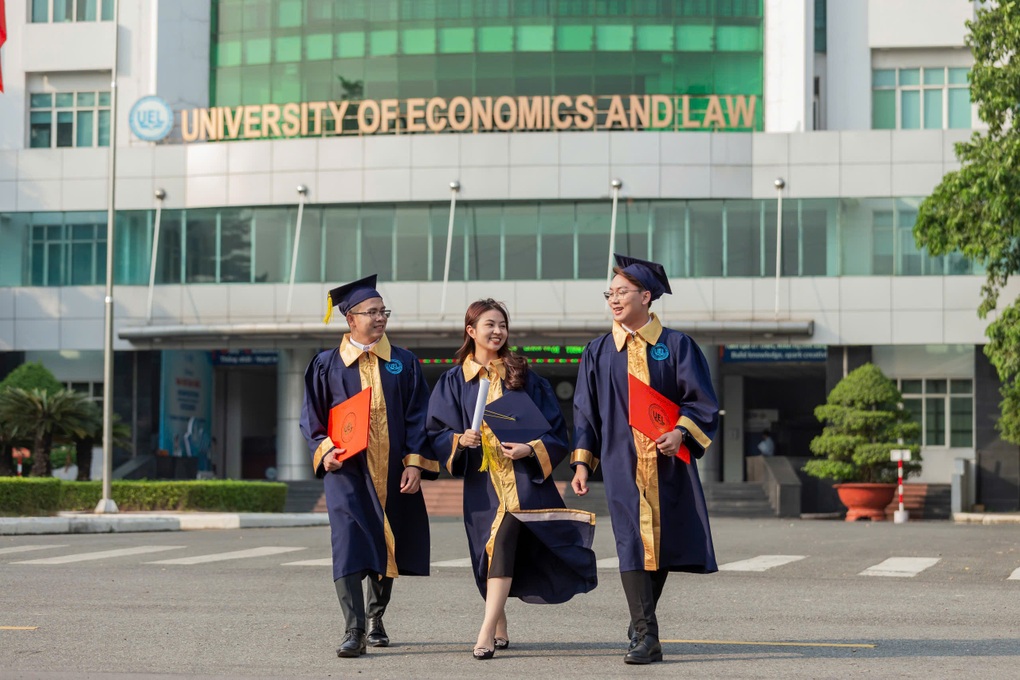
Students of University of Economics and Law (Illustration photo: UEL).
Dr. Thai Thi Tuyet Dung, Deputy Head of the Legal Department, Ho Chi Minh City National University, said that before, opinions were collected once on the School Council mechanism, and the result was that 8/8 schools supported keeping the school council mechanism the same as other universities.
Currently, the Legal Department, Ho Chi Minh City National University continues to collect opinions from member universities and send them to the Department of Higher Education, the focal point of the Drafting Committee, Ministry of Education and Training.
Dr. Nguyen Thi Kim Phung, former Director of the Department of Higher Education, Ministry of Education and Training, said that the 2018 Law on Higher Education is an important turning point for the university council, creating changes in the nature of operations, especially promoting university autonomy, in which the role of the university council is promoted so that this council has real power.
"Wherever there is university autonomy, there needs to be a university council. A university without a university council cannot be considered to have autonomy in accordance with principles. Any university that has the capacity to grow must be granted autonomy," said Dr. Phung.
Previously, in a discussion session on May 15, when discussing this model, a representative of the Drafting Committee said they were considering three options: keeping the role of one of the two school boards unchanged or reducing it.
During the consultation session on July 2, the Ministry of Education and Training proposed to remove the council of member universities of national and regional universities, but many schools did not agree.
Explaining, Deputy Minister of Education and Training Hoang Minh Son said that when summarizing the implementation of the Law on Higher Education, the model of two-level university councils at national and regional universities is one of many problems and shortcomings. The National Assembly's Committee for Petitions and Supervision has proposed that the Ministry consider and amend the law on the parallel existence of member university councils and national university councils.
"After analysis and consideration, the drafting committee proposed to abolish the university councils at member universities. Because keeping it as it is now will not solve practical problems," said Deputy Minister Son.
Khanh Ly
Source: https://dantri.com.vn/giao-duc/bo-hoi-dong-truong-dai-hoc-thanh-vien-lo-qua-tai-cong-kenh-kem-linh-hoat-20250711112523693.htm


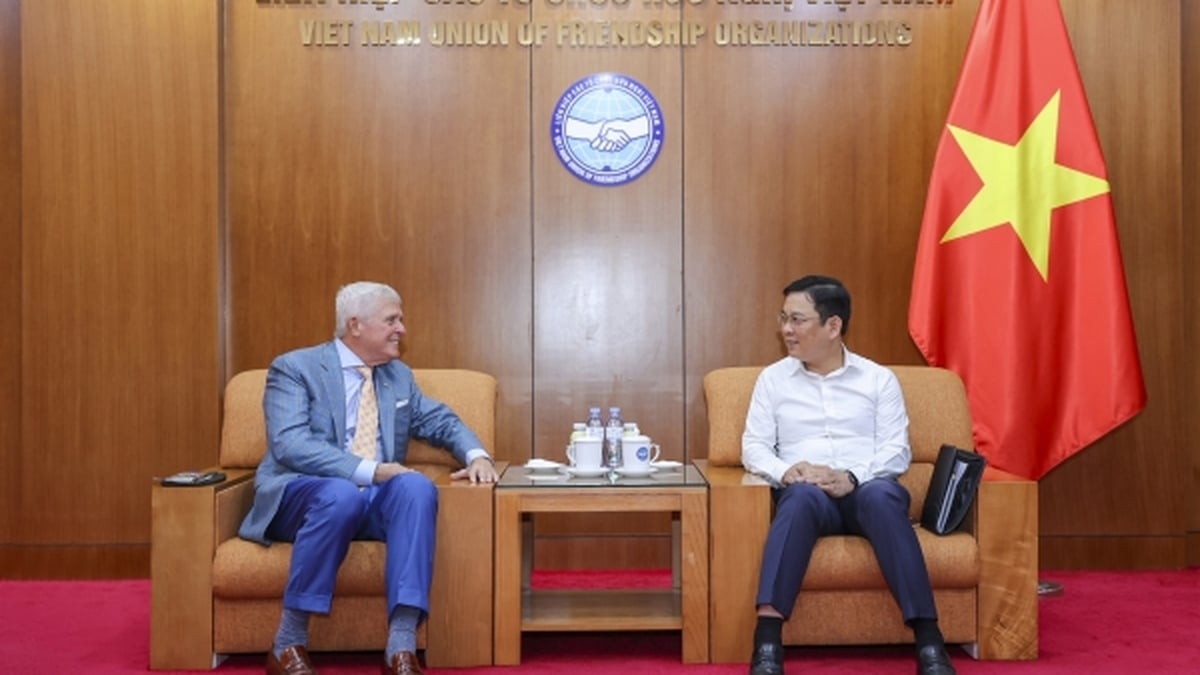




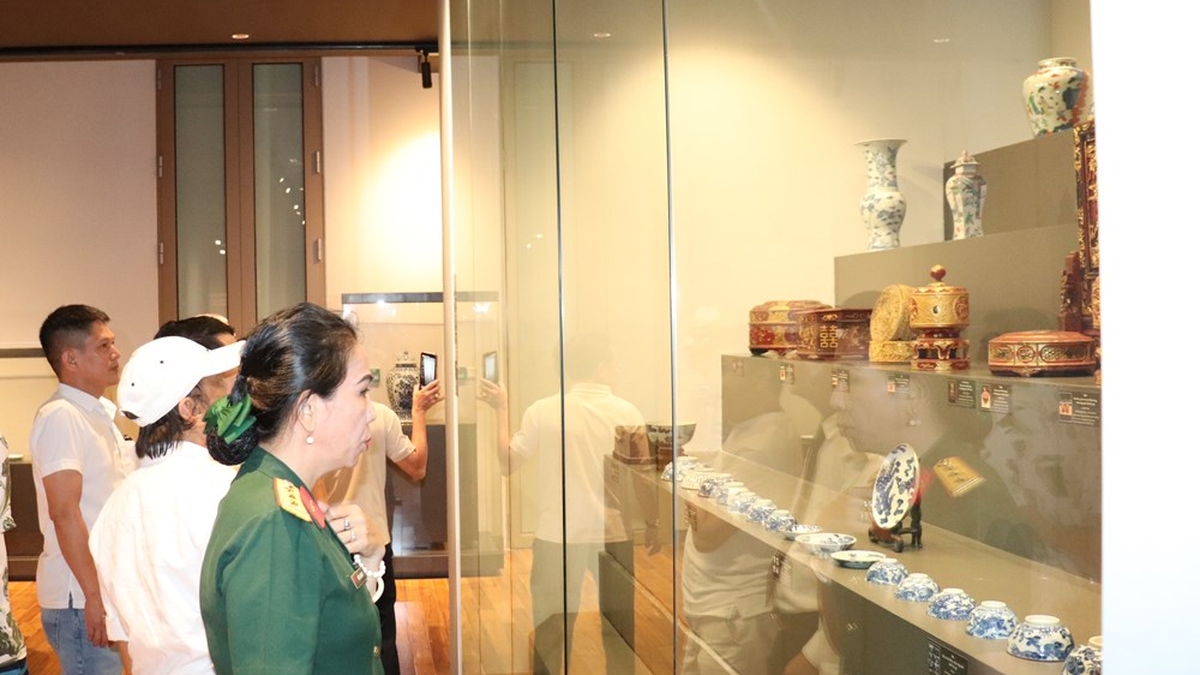


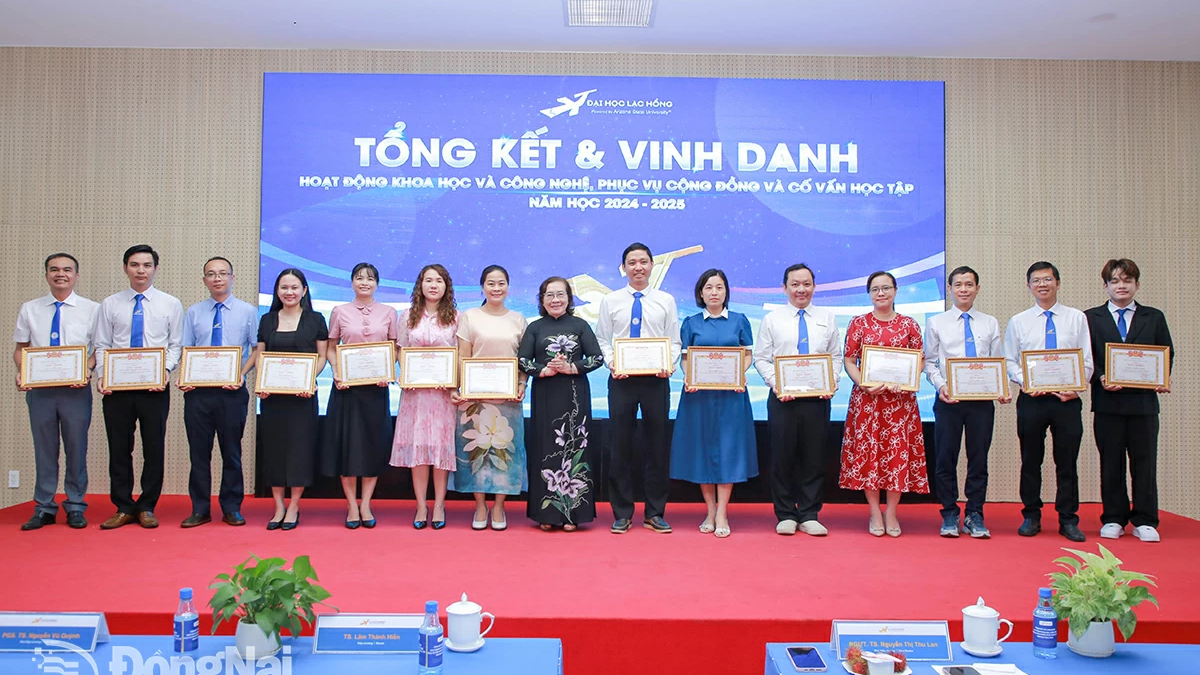











![[Photo] Gia Lai provincial leaders offer flowers at Uncle Ho's Monument with the ethnic groups of the Central Highlands](https://vphoto.vietnam.vn/thumb/1200x675/vietnam/resource/IMAGE/2025/7/9/196438801da24b3cb6158d0501984818)













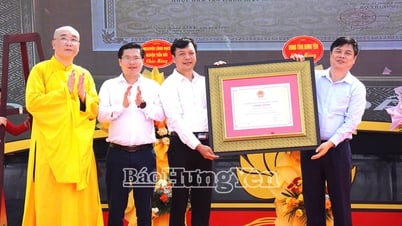







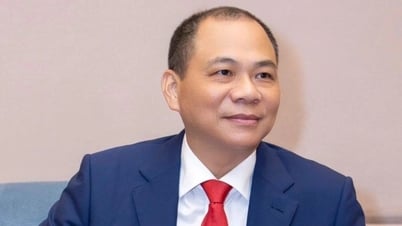


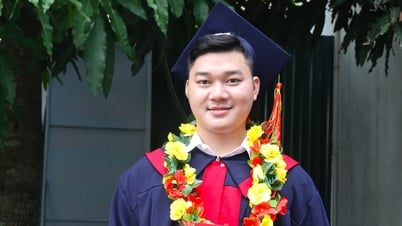










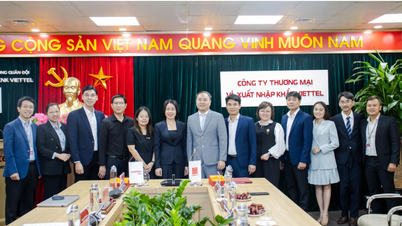
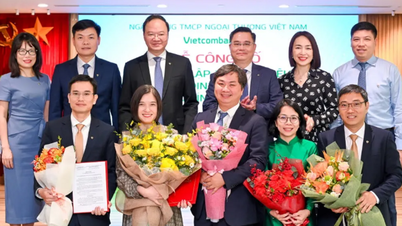

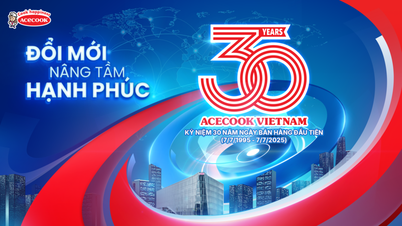



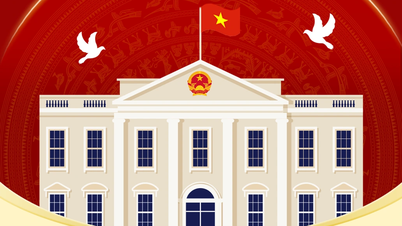

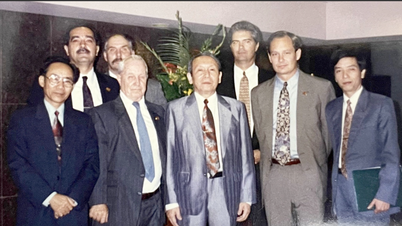


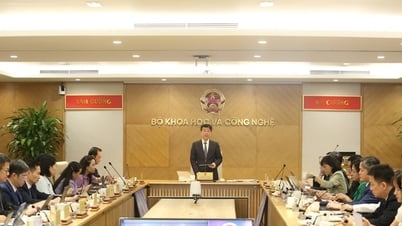





























Comment (0)